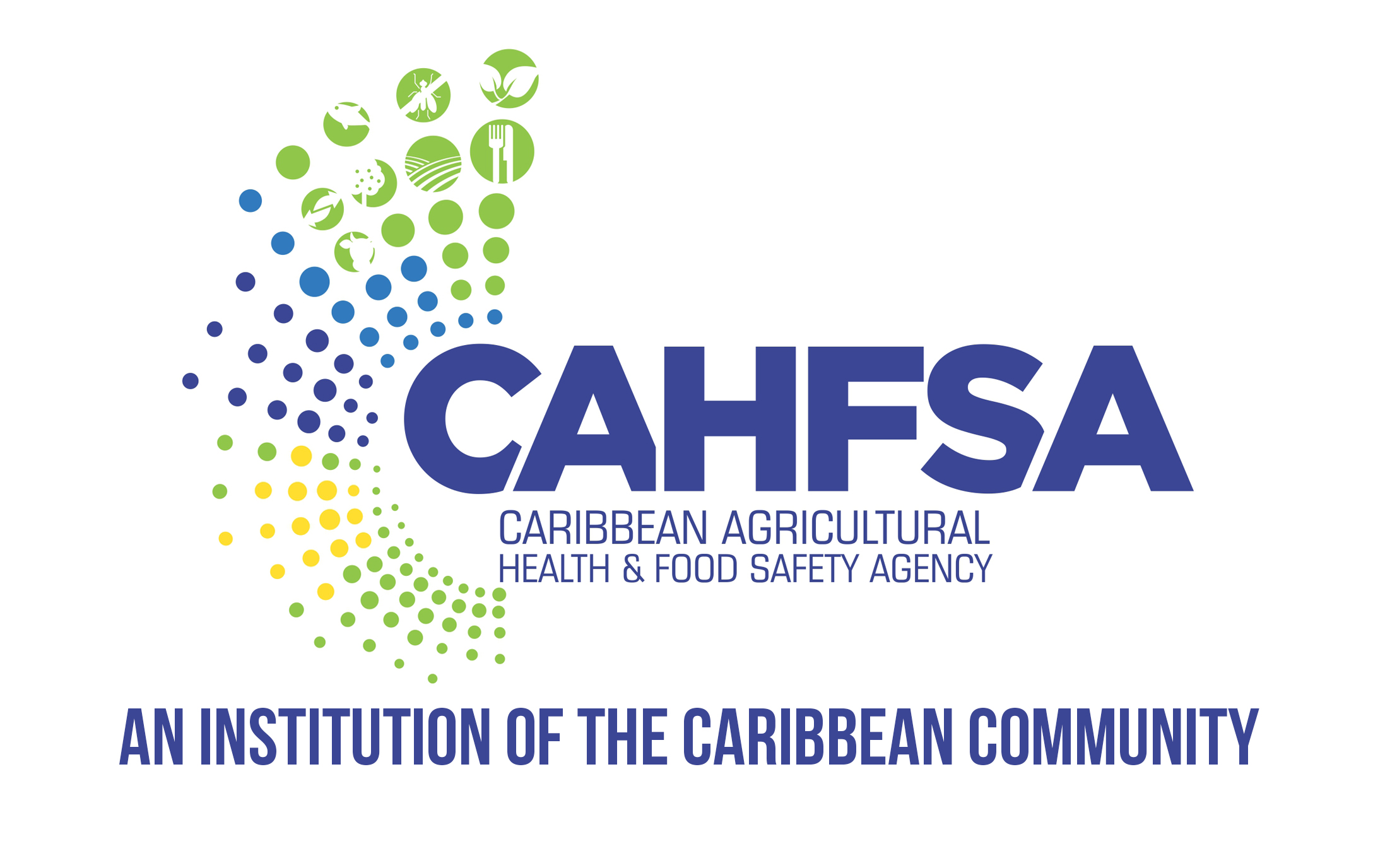Food Safety
October 12, 2015CAHFSA Today
October 12, 2015OIE STANDARDS
The OIE is one of three international standard setting organizations (Codex, OIE and IPPC) recognized by the WTO/SPS Agreement.
It is the WTO reference organisation for standards relating to animal health and zoonoses. The OIE publishes 2 codes (Terrestrial and Aquatic) and 2 manuals (Terrestrial and Aquatic) as the principle reference for WTO members.
The Terrestrial Animal Health Code and Aquatic Animal Health Code respectively aim to assure the sanitary safety of international trade in terrestrial animals and aquatic animals, and their products.
The Terrestrial Animal Health Code was first published in 1968 and the Aquatic Animal Health Code was introduced to the public in 1995. The codes traditionally addressed animal health and zoonoses, but they have, in recent years, expanded to cover animal welfare, animal production food safety, consistent with the expanded mandate of the OIE which is ‘to improve animal health worldwide’.
The Manual of Diagnostic Tests and Vaccines for Terrestrial Animals and the Manual of Diagnostic Tests for Aquatic Animals provide a harmonised approach to disease diagnosis by describing internationally agreed laboratory diagnostic techniques. These manuals were published in 1989 and in 1995, respectively.
The OIE regularly updates its international standards as new scientific information comes to light, following its established transparent and democratic procedures. The only pathway for adoption of a standard is via approval of the World Assembly of Delegates meeting in May each year at the OIE General Assembly.
OIE standards can be found at the following link: www.oie.int
CODEX STANDARDS
Codex standards are developed by the Codex Alimentarius Commission (CAC). The CAC is one of three international standard setting organizations (Codex, OIE and IPPC) recognized by the WTO/SPS Agreement.
The reference made to Codex food safety standards in the World Trade Organizations’ Agreement on Sanitary and Phytosanitary measures (SPS Agreement) means that Codex has far reaching implications for resolving trade disputes. WTO members that wish to apply stricter food safety measures than those set by Codex may be required to justify these measures scientifically.
All standards, guidelines, codes of practice and advisory texts that compose the Alimentarius are available at the following link:www.codexalimentarius.org
IPPC STANDARDS
The International Plant Protection Convention (IPPC) is one of three international standard setting/regulating organizations (Codex, OIE and IPPC) recognized by the WTO/SPS Agreement. It establishes an international regulatory framework for the protection of plants from pests, and the guidelines on which countries agree to adopt science-based international standards for phytosanitary measures.. Since all CARICOM Member States are IPPC affiliates, they have certain fundamental obligations, among which are the establishment and administration of a National Plant Protection Organization (NPPO), the nomination of a single contact point, the facilitation of official information and the development and maintenance of phytosanitary standards. Phytosanitary measures established under the IPPC guidelines and standards are required to be technically justified, non-discriminatory, non-trade restrictive and transparent.
IPPC standards can be found at the following link: www.ippc.int
REGIONAL SPS STANDARDS/PROTOCOLS AND GUIDELINES
STANDARDS/PROTOCOLS/ GUIDELINESFOR PUBLIC COMMENTS
STANDARDS/PROTOCOLS/GUIDELINES ADOPTED/DEVELOPED
